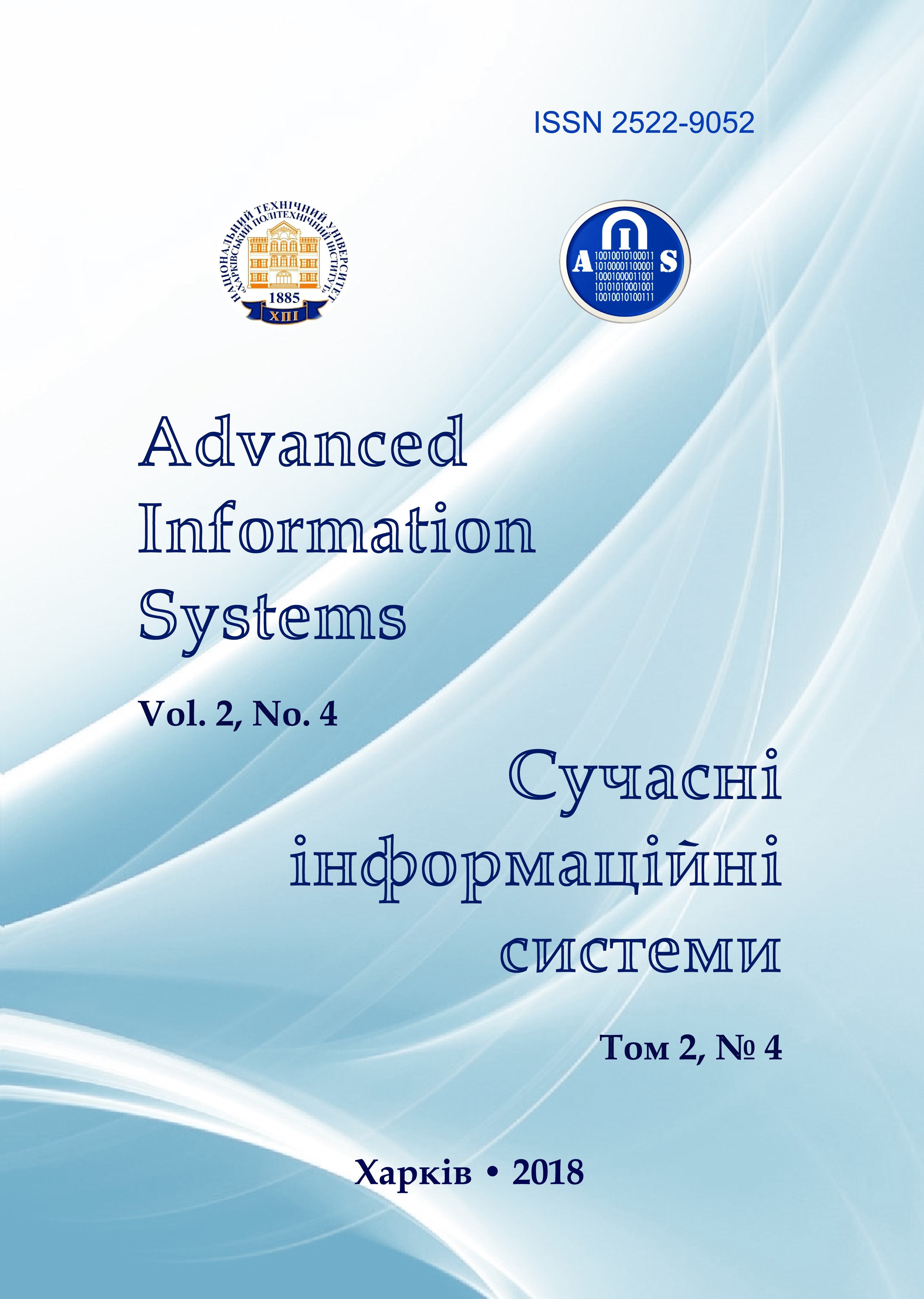ANALYSIS OF THE PROPERTIES OF NON-ORTHOGONAL METHODS OF SIGNAL PROCESSING IN MIMO SYSTEMS
Main Article Content
Abstract
Conflicts of the last decades (the Chechen war (Russian Federation), armed confrontation in the countries of the Middle East and North Africa, anti-terrorist operation in the territory of Donetsk and Lugansk regions (Operation of the United Nations)) go beyond the existing (traditional) forms and methods of warfare, conducted on the background of information and psychological operations and the active using of electronic emitters. One of the directions of increasing the noise immunity of radio communication devices is using of multi-antenna radio communication systems. They are complex technical systems. There are many approaches to increasing the impedance of multi-antenna systems, but the authors of this article limited themselves to considering only the methods of signal processing, namely, non-orthogonal spatial-temporal codes. During the research, the authors used the basic provisions of the theory of communication, the theory of antennas, the theory of noise protection and signal-code structures. In the course of the research, it was found that non-orthogonal methods of spatial-temporal signal processing have more spectral efficiency than orthogonal ones, with an equal number of transmitting antennas, but they lose in energy efficiency the orthogonal methods of space-time signal processing. Using of non-orthogonal codes leads to the increasing the number of computational operations in the receiver of the radio communication device. All this results in further research on the development of the spatial-temporal signal coding method in multi-antenna radio-communication systems with high energy and spectral efficiency, and it is necessary, that the proposed method has an acceptable computational complexity.
Article Details
References
Shyshatskiy, A.V., Bashkirov, O.M. and Kostina, O.M. (2015), “Development of integrated systems and data for Armed Forces”, Arms and military equipment, No 1(5), pp. 35-40.
Vishnevskiy, V.M., Lyahov, A.I., Portnoy, S.L. and Shahnovich I.V (2005), Broadband wireless communication networks, Technosphere, Moscow, 592 p.
Volkov, L.N., Nemirovkiy, M.S. and Shinakov, Yu.S. (2005), Digital radio communication systems: basic methods and characteristics: a tutorial, Eco-Trends, Moscow, 392 p.
Goldsmith, A. (2011), Wireless communications, Technosphere, Moscow, 904 p.
Slusar V. (2005) “MIMO systems: principles of construction and signal processing”, Electronics: science, technology, business, No 8, pp. 52-58.
Veselovskiy, K. (2006) Mobile radio communication systems, Hot line Telecom, Moscow, 536 p.
Ehab M., Shaheen and Mohamed, Samir (2013), “Jamming Impact on the Performance of MIMO Space Time Block Coding Systems over Multi-path Fading Channel”, REV Journal on Electronics and Communications, Vol. 3, No. 1-2, pp. 68-72.
Slusar, V.I. (2008), “Military communications of NATO countries: problems of modern technologies”, Electronics: science, technology, business, No. 4, pp. 66-71.
Bessai, H. (2005), MIMO Signals and Systems, Springer science and Business Media, USA, NY, 206 p.
Lee, J., Han, J.K. and Zhang, J. (2009), “MIMO Technologies in 3GPP LTE and LTE-Advanced”, EURASIP Journal on Wireless Communications and Networking, pp. 1-10.
Kuhzi, V. (2006), Wireless Communications over MIMO Channels. Applications to CDMA and Multiple Antenna Systems, Chichester, U.K.:John Wiley Sons, 363 p.
Kuvshinov, O.V. and Minochkin, D.A. (2006), “Analysis of the characteristics of radio access systems with MIMO technology”, Collection of scientific works of the Military institute of Kyiv national Taras Shevchenko university, No. 3, MIKNU, Kyiv, pp. 51-56.
Zhyvotovskyi R.M. and Momit O.S (2018), “Analysis of signal processing methods in MIMO systems”, Advanced Information Systems, Vol. 2, No. 3, pp. 93-96, available at: http://dx.doi.org/10.20998/2522-9052.2018.3.15.
